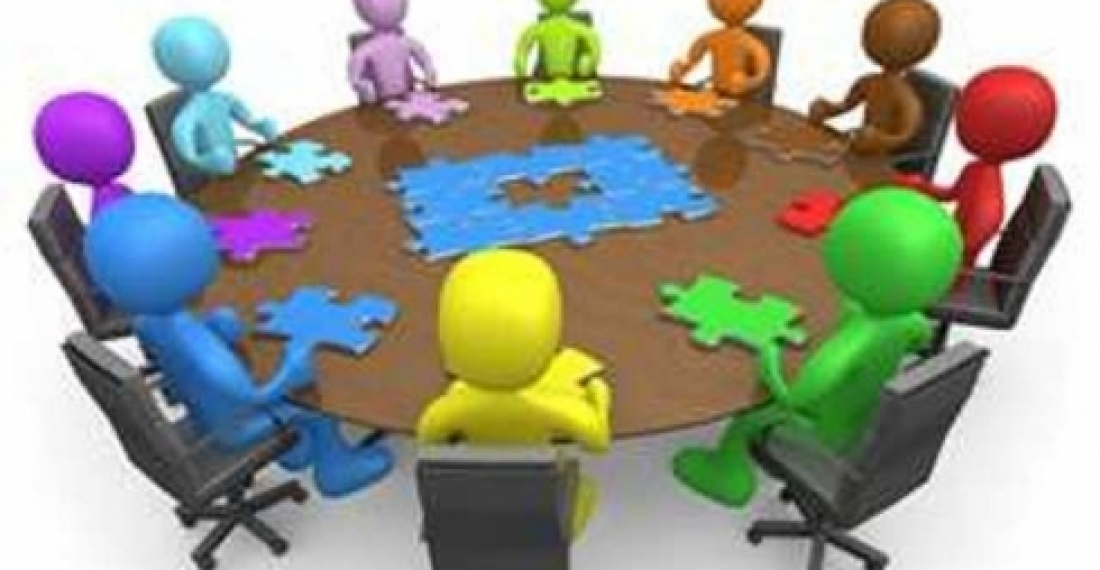Высокопоставленные чиновники в Армении и Азербайджане говорят об ожиданиях от визита дипломатов Минской группы в регион в июле, направленные на продолжающиеся усилия по поиску решения карабахского конфликта. Однако есть опасения, что все более жесткие позиций сторон осложнят работу посредников.
В Баку заместитель председателя правящей партии Азербайджана сказал, что Минская группа сопредседателей "совершала визиты в регион множество раз, количество этих визитов настолько велико, что в народе их прозвали туристическими визитами.". "Мы не возражаем против их визитов. Но, к сожалению, многочисленные визиты и по сей день не оказали значительного влияния на урегулирование конфликта. Под "значительным влиянием" понимается окончание конфликта и освобождение оккупированных территорий Азербайджана."
AПA цитирует слова Ахмедова, который сказал, что первый шаг на пути решения нагорно-карабахского конфликта состоит в том, что сопредседатели должны открыто назвать агрессора. "Освобождение азербайджанских земель должно быть главным условием. Если этого не выполнить, то шаги, предпринятые сопредседателями по решению не будет иметь никакого результата".
В то же время в Ереване заместитель министра иностранных дел Армении, Шаварш Кочарян, в интервью news.am, обвинил Азербайджан в том, что он использует переговоры в качестве ширмы. "Наша задача - разоблачать извращения, которые пропагандирует Азербайджан, и представлять истинное положение дел. Ведь международное право извращаем не мы, оно на нашей стороне."
Кочарян сказал: "Правда заключается в том, что конфликт разгорелся и перешел в военную фазу из-за силовой политики Азербайджана. Не случайно то, что говорит Армения, созвучно тому, что говорят страны-сопредседатели, представители различных международных структур. А действия Азербайджана и его заявлении идут вразрез с предложенными международными структурами и посредниками шагами для создания атмосферы доверия между народами, что является необходимым условием для достижения всеобъемлющего мирного соглашения."
Политический редактор Commonspace.eu пишет, что продолжение линии жестких заявлении создают условия, в которых задачу, стоящей перед МГ ОБСЕ, попытаться добиться прорыва в переговорах делает еще более сложной. "Так же как и соблюдение режима прекращения огня на линии соприкосновения стороны должны рассмотреть мораторий на пропаганду войны, так как сложно понять, как конструктивные переговоры могут быть успешными в такой атмосфере".
Источники: commonspace.eu по материалам News.am и APA.az
Commentary
Жесткие позиции сторон осложняют работу Минской Группы. Высокопоставленные чиновники в Армении и Азербайджане подняли ставки перед визитом посредников в регион в июле.







